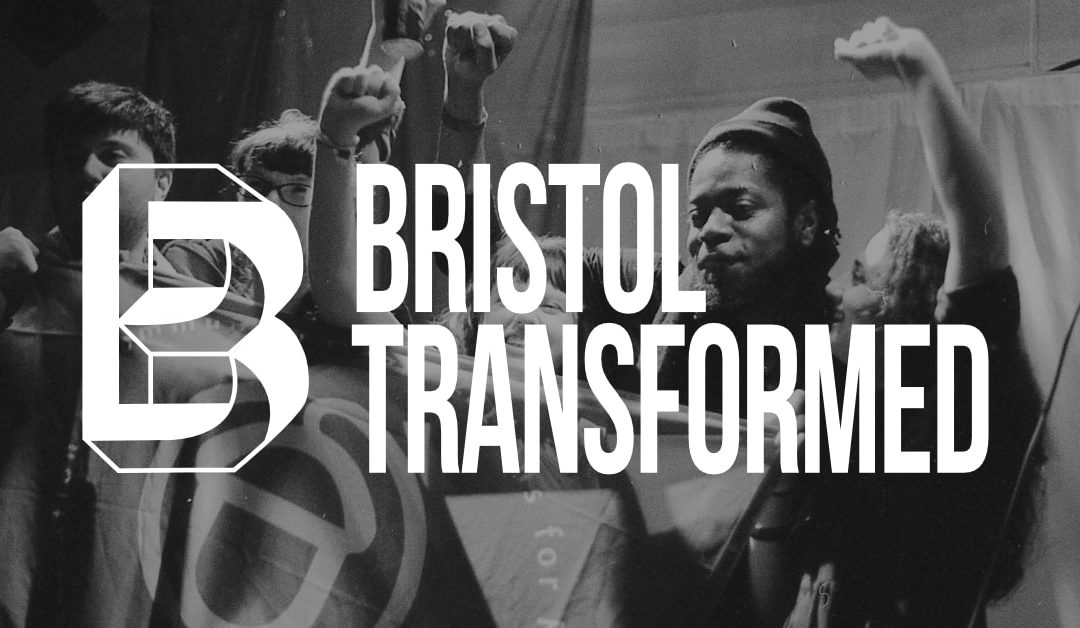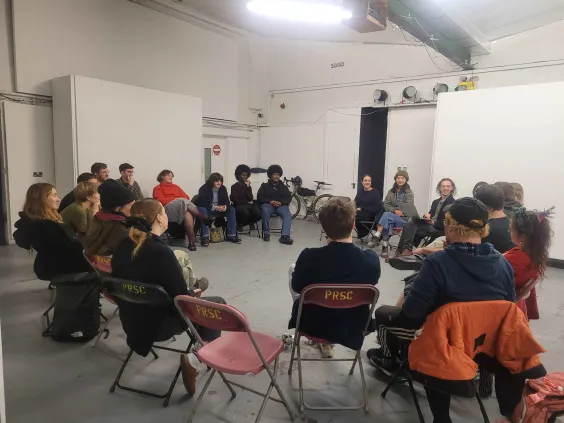
by Bristol Transformed | Wednesday, February 25, 2026
Bringing together activists, trade unionists, and everyone who wants to learn, Bristol Transformed are creating the space to discuss the most important issues facing us, equipping us with the skills and knowledge to transform Bristol and the world.

by Bristol Transformed | Wednesday, February 25, 2026
Bringing together activists, trade unionists, and everyone who wants to learn, Bristol Transformed are creating the space to discuss the most important issues facing us, equipping us with the skills and knowledge to transform Bristol and the world.

by Bristol Transformed | Wednesday, February 25, 2026
A grassroots, volunteer-run, socialist education group bringing together activists, trade unionists, and everyone who wants to learn, Bristol Transformed are creating the space to discuss the most important issues facing us, equipping us with the skills and knowledge to transform Bristol and the world.

by Bristol Transformed | Wednesday, February 25, 2026
Bringing together activists, trade unionists, and everyone who wants to learn, Bristol Transformed are creating the space to discuss the most important issues facing us, equipping us with the skills and knowledge to transform Bristol and the world.

by Bristol Transformed | Thursday, February 13, 2025
It’s easy to criticise the education system, and so we should, but are there aspects of the school as an institution which we would keep after the revolution? When we write off schools as tools of state ideology or as sites of oppression, do we lose sight of their potential to be sites of liberation?

by Bristol Transformed | Monday, August 14, 2023
Bristol Transformed is a grassroots, volunteer-run, socialist education group. Bringing together activists, trade unionists, and everyone who wants to learn, we’re creating the space to discuss the most important issues facing us, equipping us with the skills and knowledge to transform Bristol and the world.

by Bristol Transformed | Monday, August 14, 2023
Bristol Transformed is a grassroots, volunteer-run, socialist education group. Bringing together activists, trade unionists, and everyone who wants to learn, we’re creating the space to discuss the most important issues facing us, equipping us with the skills and knowledge to transform Bristol and the world.

by Bristol Transformed | Monday, August 14, 2023
Bristol Transformed is a grassroots, volunteer-run, socialist education group. Bringing together activists, trade unionists, and everyone who wants to learn, we’re creating the space to discuss the most important issues facing us, equipping us with the skills and knowledge to transform Bristol and the world.

by Bristol Transformed | Monday, August 14, 2023
Bristol Transformed is a grassroots, volunteer-run, socialist education group. Bringing together activists, trade unionists, and everyone who wants to learn, we’re creating the space to discuss the most important issues facing us, equipping us with the skills and knowledge to transform Bristol and the world.

by Bristol Transformed | Monday, August 14, 2023
Bristol Transformed is a grassroots, volunteer-run, socialist education group. Bringing together activists, trade unionists, and everyone who wants to learn, we’re creating the space to discuss the most important issues facing us, equipping us with the skills and knowledge to transform Bristol and the world.


